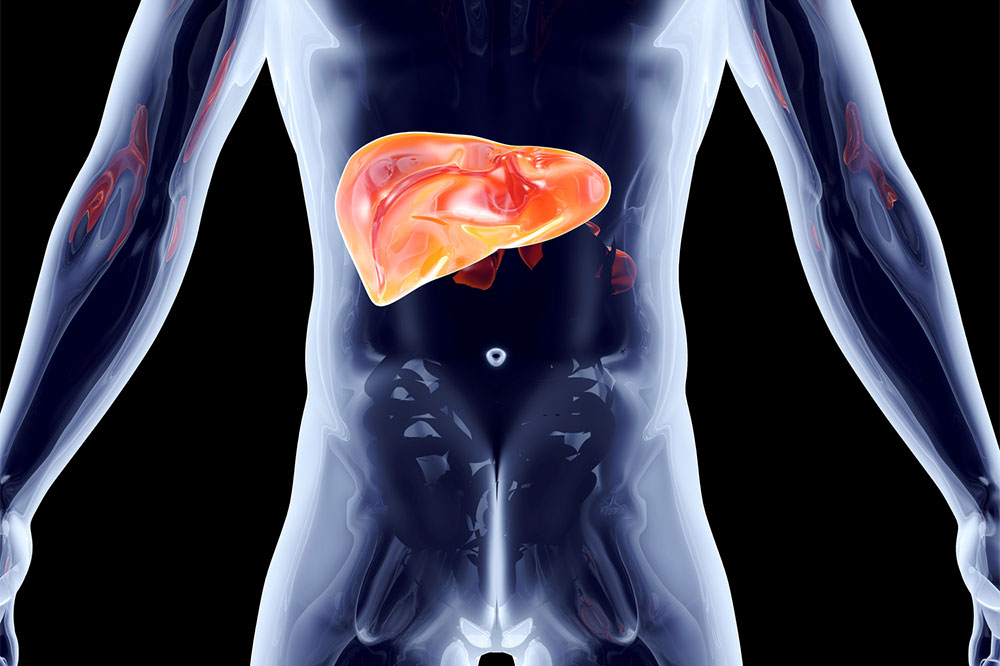5 ways to strengthen immunity against severe respiratory viruses

Respiratory viruses pose a significant public health concern, as they can spread easily from one person to another, making them responsible for a considerable portion of respiratory infections worldwide. In a world that constantly faces threats from these viruses, bolstering one’s immunity becomes paramount. A robust immune system is the body’s first line of defense against pathogens. This article focuses on alternative ways to enhance immunity against respiratory viruses to provide insights to help individuals protect themselves.
Effects of the pandemic on lung health
The pandemic has significantly impacted lung health, primarily causing acute respiratory symptoms in infected individuals, including coughing, shortness of breath, and pneumonia. Vulnerable populations with pre-existing respiratory conditions face worsened symptoms and outcomes. Additionally, the strain on healthcare systems has affected timely access to care for respiratory issues. The pandemic’s psychological toll, including anxiety and stress, can exacerbate respiratory problems.
In light of these risks, here are some strategies one can implement to boost immunity:
Vaccinations
Vaccinations, including mRNA (messenger RNA) and non-mRNA options, can help fortify the immune system against respiratory viruses. These vaccines work by introducing a harmless part of the virus or its genetic material into the body, prompting the immune system to produce protective antibodies. mRNA vaccines employ a small piece of the virus’s mRNA to stimulate this immune response. Non-mRNA vaccines, such as those made by Novavax, contain lab-grown spikes and use a portion of virus components. The Novavax vaccine has demonstrated strong efficacy in clinical trials against various variants of the virus, providing a promising option in the global effort to combat the pandemic.
Food and nutrition
A balanced meal plan, abundant in essential vitamins, minerals, and antioxidants, serves as the bedrock for a robust immune system. Nutrient-rich foods, including fruits, whole grains, vegetables, and lean proteins, provide the necessary building blocks for a robust immune response. A mindful approach to nutrition can help complement other strategies in the pursuit of enhanced respiratory health.
Home remedies
In addition to established healthcare approaches, home remedies offer a complementary avenue for enhancing immune resilience against respiratory viruses. While they are not substitutes for health advice, incorporating certain home remedies, such as herbal teas, steam inhalation, and honey-based elixirs, can provide soothing relief and support to the immune system. It’s important to consult licensed professionals for guidance on incorporating home remedies safely and effectively into one’s wellness routine.
Lifestyle changes
Strategic lifestyle changes can significantly contribute to activating immunity against respiratory viruses. A proactive approach to one’s daily life can foster resilience and reduce susceptibility to infections. Prioritizing adequate sleep, managing stress, and staying physically active all play vital roles in supporting a robust immune response. Additionally, minimizing exposure to environmental toxins and adopting preventive measures like regular handwashing and mask-wearing in crowded settings can further fortify the body’s natural defenses.
Staying hydrated
Water helps in the transportation of nutrients, the elimination of toxins, and the overall balance of bodily fluids. Dehydration can compromise immune responses, leaving the body more vulnerable to infections. Thus, ensuring a daily intake of 8-10 glasses of water can be a simple yet powerful means of supporting respiratory health and strengthening the body’s defenses against viral invaders.
In all, vaccinations, regular exercise, adequate sleep, stress management, hydration, and lifestyle changes can help enhance immunity. Incorporating these methods into daily routines can help one protect themselves from respiratory infections.
Reference links:
https://www.who.int/news-room/feature-stories/detail/the-novavax-vaccine-against-covid-19-what-you-need-to-know
https://www.yalemedicine.org/news/covid-19-vaccine-comparison#:~:text=Novavax,vaccines%20in%20their%20early%20trials
https://www.cidrap.umn.edu/covid-19/study-novavax-covid-vaccine-estimates-100-efficacy-against-hospitalizations
https://www.nejm.org/doi/full/10.1056/nejmoa2116185






